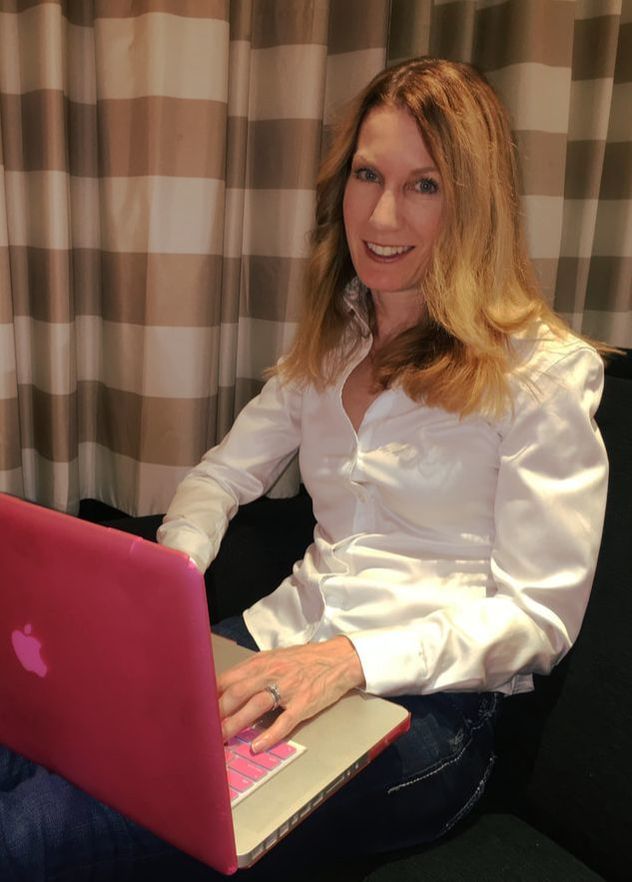|
To be a published author, you need to educate yourself. Most authors do not have a formal education in writing such as a Masters of Fine Arts or even an English degree. Many decide to write while they are pursuing another career where writing is only one of many hats that they wear.
There are many ways to learn more about writing including: books, classes, blogs, conferences, Internet research, and discussions with fellow writers. In this post, I will focus on one of the easiest and cheapest methods: reading books about writing. I whipped my first draft out without any creative writing instruction. However, once that was complete I began to educate myself as I began the editing process. It was during this time that I felt truly became an author. This stage took several months longer than the first draft stage. The first book I read was Get A Literary Agent by Chuck Samuchino. It was an easy and interesting read and covered everything from do you need an agent to step-by-step instruction for submitting your materials. I devoured it and decided, yes, I needed an agent. By reading it, I learned I needed to get my book in the best possible shape before I reached out to agents. I would only have one opportunity to make a first impression. So then came the editing books. My two favorites were Self-Editing for Fiction Writers by Renni Browne and Dave King and Revision and Self-Editing for Publication by James Scott Bell. These books focused on getting the story and the words right, everything from plot to character development to dialogue. Neither book focused on proper grammar or formatting. (I found these situations easier to research on a case-by-case basis on grammar websites.) I found these two books interesting to read and very applicable to today’s marketplace. I did read (or attempted to read) other books in this category, but editing can be a dry topic and easily outdated which is why I wanted to recommend my two standouts. There was so much information to apply to my book that created a huge checklist to make sure I didn’t forget any points the books suggested. I was fascinated to learn about topics that were different for fiction writers than say high school English teachers. Who knew that it was best to use “said” and “asked” for dialogue tags? Not me. I had purposely used many words from a list my daughter had brought home from school that showcased all the ways to avoid using “said” such as: questioned, remarked, offered, agreed, and criticized. And forget most of the adverbs to make them more specific. “Said” and “asked” are invisible and don’t get in the way of great dialogue. Looking at my bookshelf, many of my favorite authors have taken this advice. I could go on and on about how beneficial these books were. But instead, I urge you to read them for yourself. Regardless of how well you write, I am sure you will find many areas in which you can improve. Thank you for reading this post. I would love to read your comments below, particularly if you found this article helpful.
0 Comments
Leave a Reply. |
My BlogThis is a place where I post events, my latest news, and the occasional book review.
|
|
Join the Mailing List to
receive my latest Book News. (Emails will be infrequent.) |

 RSS Feed
RSS Feed
